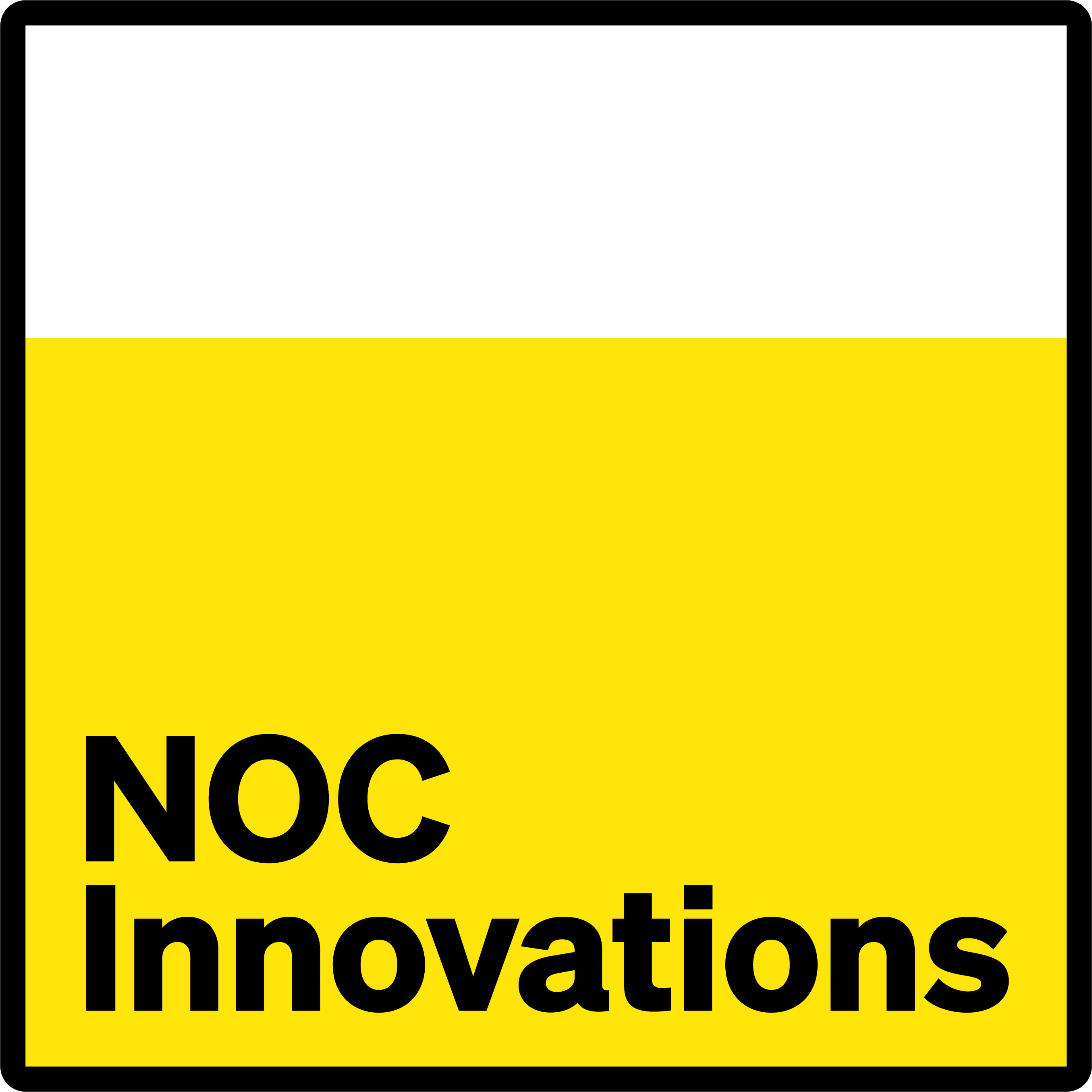Robert Gordon University and University of Strathclyde, announced on the 11th May 2022 a five-year Memorandum of Agreement (MOA) to collaborate in research and technology development at the National Subsea Centre (NSC).
An Industrial Doctorate Training Centre will be formed as part of the five-year agreement, with a commitment to four PhD studentships each year. Driven by the challenges identified by industry and steered by an industry partners group, the Doctoral Centre will support the NSC’s three strategic research programmes: Transparent Ocean, Integrated Energy and Marine Operations.
The SeaSense project, part funded by the Net Zero Technology Centre, will be the first project delivered under the MOA. It will develop technology that allows Remotely Operated Vehicles to function in harsh, visually compromised environments, aligned with the central focus of the Transparent Ocean research programme at the NSC. The project aims to advance the knowledge and capability in robotic manipulation where tactical sensing is essential for accurate and reliable perception.
Professor Steve Olivier, Principal of Robert Gordon University said: "This new partnership will bring real societal benefit, not only in terms of the opportunity it represents for the training of early career researchers, but also in creating advances in subsea robotics, remote sensing technologies, and supporting the drive towards net zero.”
"At RGU, we focus on research that has a positive impact on our world and enhance this contribution through strong collaborations with other leading organisations such as the University of Strathclyde—sharing our interdisciplinary thematic research expertise to address global sustainability and produce outputs of public value."
Professor Sir Jim McDonald, Principal of the University of Strathclyde, said: “We are delighted to work with Robert Gordon University to develop strategic research, technology and training at the National Subsea Centre and share our expertise from across the marine and space sectors as well as our Industrial Doctorate Training Centres.
“As a leading technological university, we recognise that strong collaboration is essential to delivering high quality innovation. Through this partnership, we can accelerate new research areas and deliver world class training.”
Colette Cohen, CEO, Net Zero Technology Centre, also welcomed the announcement and said: “Our strategic partnership with Robert Gordon University in delivering the NSC is enabling the creation of collaborative projects like SeaSense to tackle subsea engineering challenges, particularly automation and communications.
“Each partner brings invaluable knowledge, skills and capabilities in robotic technologies. This, coupled with our strong connections with industry, offers a fantastic opportunity to accelerate the energy transition by enabling a digital North Sea with technologies that address the industrial and environmental challenges in subsea and related marine sectors.”
Image (from the left to right):
- Willie Reid, Director, Strathclyde Offshore Energy Transition Programme
- Professor Steve Olivier, Principal, Robert Gordon University
- Myrtle Dawes, Solution Centre Director, Net Zero Technology Centre
- Professor Sir Jim McDonald, Principal, University of Strathclyde
- Professor John McCall, Director, National Subsea Centre
This article originally appeared on the RGU website.









